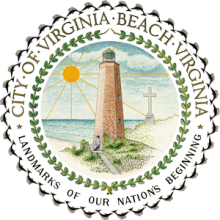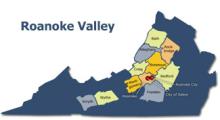RVBA Expanding to Residential Fiber Connectivity in Virginia
The Roanoke Valley Broadband Authority (RVBA) in Virginia recently announced that they are now ready to begin developing residential Fiber-to-the-Home (FTTH) connections in Roanoke and Botetourt Counties and the cities of Salem and Roanoke.
The Next Logical Step
Since 2016, the open access network has provided services to businesses, public facilities, and community anchor institutions in the region. In 2017, the Authority connected one multi-dwelling unit in the city of Roanoke and began working with a private Internet access company to provide service. Now, the RVBA is determined to connect every premise with high-quality Internet access.
The Roanoke Times reports that:
The process begins with a survey of residents in the Roanoke Valley the municipal broadband authority announced Monday morning. The survey, available on the RVBA website, will help determine where the highest demand for the service is, but with a mind to reach wide areas of the region.
“We’re changing the game,” said RVBA President and CEO Frank Smith. “We’re changing the infrastructure, allowing us to differentiate ourselves across the region and across the country.”
The municipal authority’s mission “has been to be an economic development engine, drive competition, bring more choice in … but also to serve the geographically and economically underserved,” Smith said. “We want to make sure we build in places that make sense economically but make sure we do not ignore those that are economically disadvantaged.”








